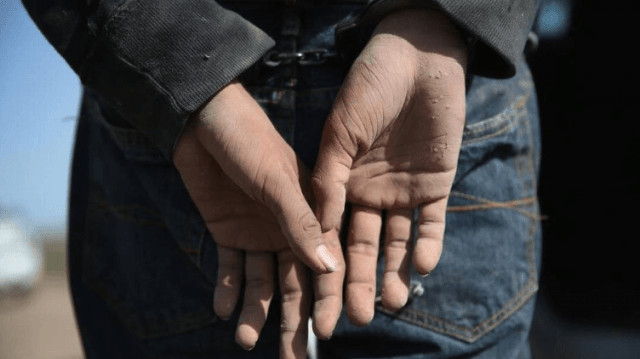Despite being identified by the US Department of Labor as a victim of human trafficking, Ana (not her real name) is being detained and faces the threat of being deported. As the Miami Herald reports, her case highlights paradoxes in the American legal system for protecting victims.
Originally from Colombia, Ana came to the US to work as a domestic worker, only to find herself exploited at the hands of a family in a rich area of Miami. Working 13 hours a day and earning only $3, her employer exploited her for labor and threatened her if she ever went to the authorities:
“Her employers denied her access to health care, monitored her communications and warned her that if she complained about her working conditions she would be deported to her native Colombia and lose the temporary U.S. visa obtained for her by the family.
When she finally overcame her fears in October of last year, Ana — not her real name — gathered up her identification documents and two changes of clothes and left. She filed a complaint against her employer and cooperated with federal officials in an investigation that eventually determined that she was a victim of exploitation.
Unfortunately, just a few months after she fled, Ana was arrested by Customs and Immigration agents. Although she was identified by the Department of Labor as a victim of trafficking who needs to be protected, her former employer now accuses her of theft. Despite her status as a victim and Ana’s emphatic denial of the charges, an immigration judge has repeatedly denied her bond as he considers her a flight risk. Ana is in the process of applying for a special visa for victims of human trafficking.
Immigration experts say that detaining anyone who is a victim of human trafficking is “another form of victimization and does not meet the standards that federal agencies are required to meet.”
Ana Isabel Vallejo, a lawyer with VIDA Legal Assistance, added, “Although these kinds of situations have diminished over the years, many times — while the cases are processed — a person can be detained for immigration violations before he or she is determined to be a victim.”







Freedom United is interested in hearing from our community and welcomes relevant, informed comments, advice, and insights that advance the conversation around our campaigns and advocacy. We value inclusivity and respect within our community. To be approved, your comments should be civil.